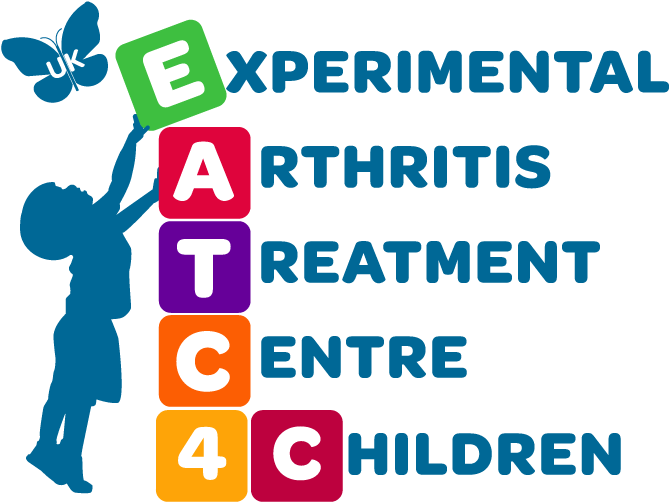| F-12 | F-11 | F-10 | |
|---|---|---|---|
PhD

|
|||
Pre-PhD preparation

|
|||
Initial planning



|
|||
Find a supervisor


|
|||
Develop your research questionStart 1 year before funding application deadline and complete by 10 months before funding application deadline Pin down the scope of your research.
Advice

At an early stage, it can often be difficult to identify a clear question. Many of us come across “interesting ideas” in clinical practice but we don’t know how to turn these ideas into research questions. Even if we do have a “light bulb moment”, it can still be difficult to formulate a question that is answerable within the constraints of time, money and other factors. Here are some ideas about how to address that.
|
|||
Plan for OOP and inform TPD


|
|||
Find your collaborators

|
|||
Investigate funders


|
|||
Think about feasibility


|
|||
Find a mentor


|
|||
Approvals for clinical projects



|
|||
Check whether your study is research


|
|||
| F-12 | F-11 | F-10 | |


